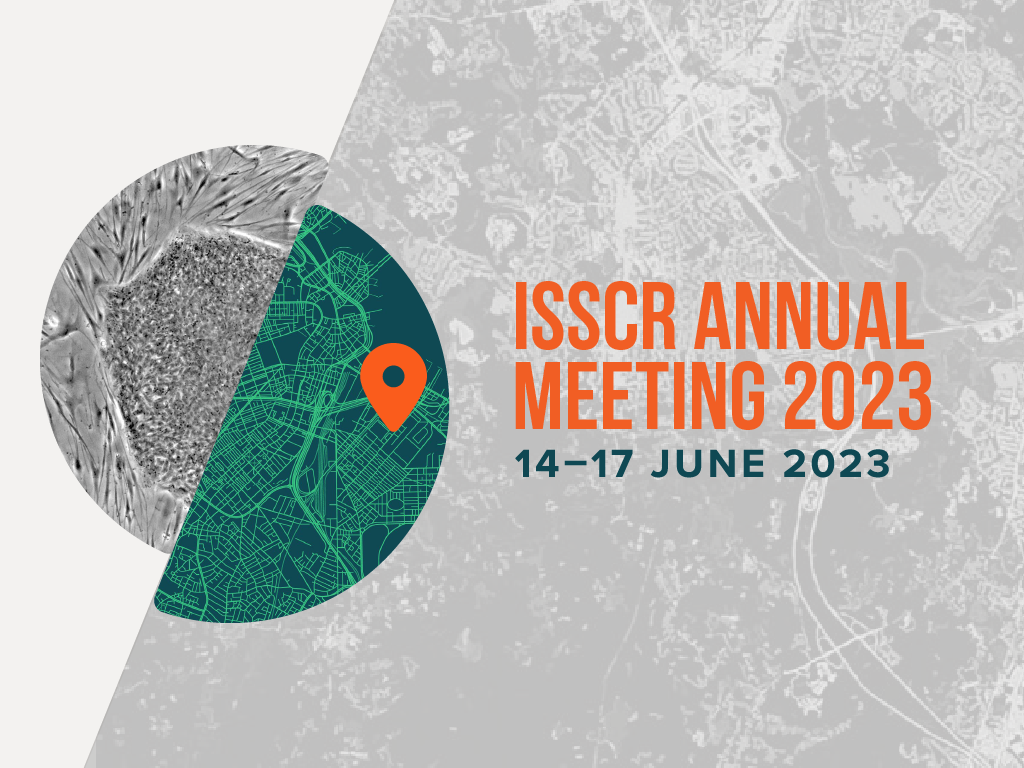Talk
Industrialising Cellular Reprogramming: Leveraging opti-ox Technology to Manufacture Human Cells with Unprecedented Consistency
Discover exclusive data presented at the International Society for Stem Cell Research (ISSCR) conference that shows the unparalleled level of consistency across the reprogramming of multiple human cell products.

Discover exclusive data presented at the International Society for Stem Cell Research (ISSCR) conference that shows the unparalleled level of consistency across the reprogramming of multiple human cell products.
Transcription factor-mediated cellular reprogramming has emerged as a groundbreaking paradigm in developmental biology, challenging traditional theories and opening new avenues for further scientific innovations.
Prof Wernig discusses his pioneering work on cellular reprogramming, which opened up a new paradigm for cell identity, in which cellular states are driven by transcriptional events. His laboratory developed the first across germ layer reprogramming protocols highlighting the potential generalisability of this concept. His group demonstrated how transcription factor combinations are able to dictate cellular states and sub-cell identities. Based on this new paradigm, he developed new cellular models for translational research and outlined how reprogrammed cells could be used for therapeutic applications.
Despite the benefits of cellular reprogramming, several challenges associated with conventional vector-based methods of transgene expression impact the efficiency, consistency and purity of the resulting cell populations, all of which need to be addressed for its potential to be truly realised in regenerative medicine.
As Dr Kotter outlines, many of these challenges can be addressed by expressing reprogramming cassettes via genomic safe harbour (GSH) sites. GSH-mediated optimised inducible over-expression (opti-ox) enables highly controlled, consistent and scalable manufacturing of human iPSC-derived cells. Further, he will discuss how bit.bio has generalised this paradigm to generate cells from all three germ layers.
The integration of opti-ox technology ensures increased precision and inducible control of transcription factor expression, setting a new standard for consistency in cell manufacturing. This breakthrough enables the manufacture of trillions of human cells with unprecedented consistency offering the potential to transform the field of regenerative medicine and accelerate advancements in cell-based therapies.
Prof Wernig discusses his pioneering work on cellular reprogramming, which opened up a new paradigm for cell identity, in which cellular states are driven by transcriptional events. His laboratory developed the first across germ layer reprogramming protocols highlighting the potential generalisability of this concept. His group demonstrated how transcription factor combinations are able to dictate cellular states and sub-cell identities. Based on this new paradigm, he developed new cellular models for translational research and outlined how reprogrammed cells could be used for therapeutic applications.
Despite the benefits of cellular reprogramming, several challenges associated with conventional vector-based methods of transgene expression impact the efficiency, consistency and purity of the resulting cell populations, all of which need to be addressed for its potential to be truly realised in regenerative medicine.
As Dr Kotter outlines, many of these challenges can be addressed by expressing reprogramming cassettes via genomic safe harbour (GSH) sites. GSH-mediated optimised inducible over-expression (opti-ox) enables highly controlled, consistent and scalable manufacturing of human iPSC-derived cells. Further, he will discuss how bit.bio has generalised this paradigm to generate cells from all three germ layers.
The integration of opti-ox technology ensures increased precision and inducible control of transcription factor expression, setting a new standard for consistency in cell manufacturing. This breakthrough enables the manufacture of trillions of human cells with unprecedented consistency offering the potential to transform the field of regenerative medicine and accelerate advancements in cell-based therapies.
V1
2023
ISSCR 2023

